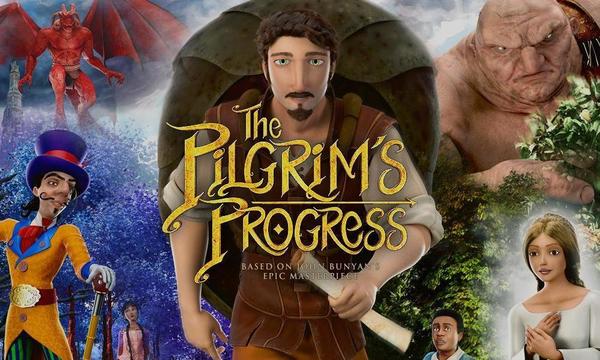About the Blog
The Good Book Blog, a resource from the faculty of Talbot School of Theology, features articles that explore contemporary ideas from the perspective of the Bible — the “Good Book” — including topics such as apologetics, biblical studies, theology, philosophy, spiritual formation, ministry and leadership. Find out more about what sets Talbot apart and how it prepares Christian leaders through its degree programs.
Subscribe
Independent Sources of the Empty Tomb
Weekly Q & A with Dr. William Lane Craig
Neo-Apollinarianism and Mind/Body Dualism
Weekly Q & A with Dr. William Lane Craig
Baptism and the Atonement
Weekly Q & A with Dr. William Lane Craig
Why Doesn’t God Simply Forgive Everyone?
Weekly Q & A with Dr. William Lane Craig
Finding Meaning in How We Spend 90,000 Hours of Our Lives
Biola Faculty on a Theology of Work
How to Find Christ
Weekly Q & A with Dr. William Lane Craig
The Compartmentalization Conundrum by Jake Aguas
Biola Faculty on a Theology of Work
Are We Characters in a Book?
Weekly Q & A with Dr. William Lane Craig
When the Rules Change
Biola Faculty on a Theology of Work
 Biola University
Biola University

